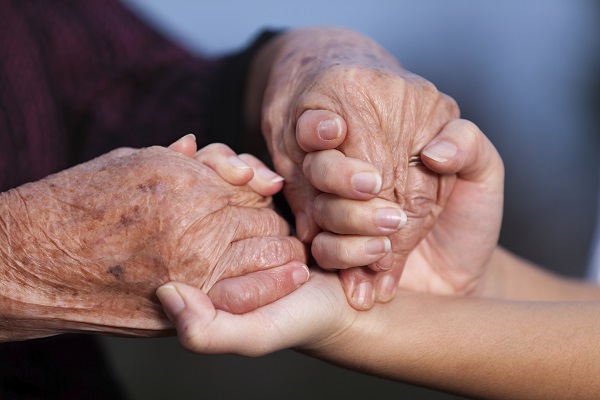Pursuing a Florida nursing home abuse case is not the same as pursuing a medical malpractice case. There are many differences between the two, and it would be a mistake for an attorney to treat a nursing home abuse case like a medical malpractice case.

These differences include: single acts of negligence vs. patterns of abuse or neglect, liable parties and standards of care.
Single Act of Negligence vs. Pattern of Abuse and Neglect
Usually, Florida medical malpractice cases involve a distinct act of negligence, such as a surgical error or misdiagnosis on the part of a medical professional such as a doctor, surgeon or nurse.
In contrast, nursing home abuse cases typically address a pattern of abuse, neglect or other sub-standard care by nursing home staff. These cases often involve long-term neglect and abuse rather than a single instance of negligence. Conditions like malnutrition, dehydration and bed sores don’t develop overnight. Injuries stemming from trips, slips and falls can also indicate a pattern of negligent supervision by nursing home staff and management.
Some of the common signs of nursing home abuse or neglect include:
- Sudden change in behavior
- Bedsores
- Withdrawal
- Weight loss
- Paranoia
- Unclean bedding and clothes
- Poor hygiene
- Infections
- Hair loss
- Cuts and scrapes
- Bruises
- Bone fractures
- Spread of illness, such as COVID-19/coronavirus
Liable Parties
Liable parties in medical malpractice cases are usually limited to just one or a few defendants, such as the treating doctor or a hospital. On the other hand, a lawsuit for nursing home neglect or abuse can encompass the nursing home staff, administrators and management, and requires a close examination of the nursing home’s policies and practices.
Different Standards of Care
In a medical malpractice case, the standard of care is determined by whether the health care provider named as the plaintiff delivered the same level of skill and care that a similarly-trained health care provider would have provided in similar circumstances. State and local laws often determine what constitutes neglect or abuse in a nursing home.
On a federal level, the Omnibus Budget Reconciliation Act (OBRA), was passed to ensure that elderly residents receive a certain level of care. Among other things, it requires nursing homes and other senior care facilities to treat residents with respect; provide assistance to those residents who need assistance with their basic needs; and prevent medication errors.
Medical Malpractice Claim or Nursing Home Abuse/Neglect Case?
In some situations, determining whether to pursue a valid medical malpractice or nursing home claim – or both – can be present a difficult decision. It’s very possible for nursing home abuse and medical malpractice claims to overlap. That’s why it’s important to select a personal injury lawyer who is familiar with both types of claims. Depending on the circumstances in the case, a plaintiff may be able to collect a larger reward of damages for choosing one case over another.
Speak with an Experienced Fort Lauderdale Nursing Home Abuse Attorney
If you suspect that a loved one is the victim of nursing home abuse or neglect, it’s up to you to take immediate action. Lisa Levine P.A. is a dedicated Fort Lauderdale nursing home abuse lawyer with over 40 years of devoted service to defending the rights of clients in communities throughout the Broward County, Miami-Dade County and Palm Beach County areas, including Hollywood FL, Miramar, Sunrise, Plantation, Deerfield Beach, Pembroke Pines, Lauderhill, Pompano Beach, and Davie. Lisa also specializes in medical malpractice claims and possesses the extensive experience and resources needed to successfully pursue even the most complex of nursing home and senior care facility neglect/abuse cases.
Contact the law offices of Fort Lauderdale nursing home abuse attorney Lisa Levine P.A. today at 954-256-1820 to set up a free confidential consultation. Depending on your case, we may be able to represent you on a contingency basis, which means there are no up-front costs for our services and we only collect our fee after you are awarded a settlement or win your case in court.
